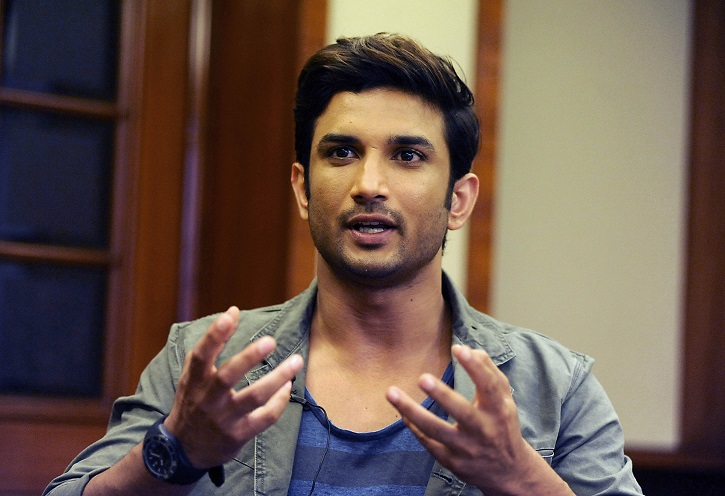THE BABUR

Babur, the greatest genealogist India has ever seen - the Mughals, born February 14, 1483. Adopted as one of the best Mughal emperors, Babur succeeded to secure the throne in Delhi after a series of kings failed to consolidate its throne and his empire continued to rule for over 300 in India. He passed away on December 26 in 1530. He was 48.
Zahir-ud-din Muhammad, nicknamed "Babur" or "The Lion," was born into the royal family of Timurid in Andijan, now Uzbekistan, February 14, 1483. His father Umar Sheikh Mirza was Emir of Ferghana; His mother Qutlaq Nigar Khanum was the daughter of Moghuli King Yunus Khan.
By the time of Babur's birth, the Mongol descendants who had settled in western and Central Asia had married Turkic and Persian people and had entered into the local culture.
In 1494, the Emir of Ferghana died suddenly and 11-year-old Babur ascended to his father's throne. His seat was safe, however, and many uncles and cousins planned to replace him.
Apparently aware that a good case was the best defense, the young memir tried to increase his hold. By 1497, he had conquered the famous Silk Road oasis Samarkand. While he did so, however, his uncles and other chiefs rose up in Andijan. When Babur turned to the bottom, he again failed to control Samarkand.
The determined young emir had rediscovered both of these cities in 1501, but Uzbek emperor Shahiani Khan threw his challenge over Samarkand and used Babur's forces to defeat him. This marked the end of Babur's rule in what is now Uzbekistan.
For three years, a homeless prince wanders through Central Asia, trying to lure followers to help him attain his father's sovereignty. Finally, in 1504, he and his small army turned southeast, marching in the snow-capped mountains of the Hindu Kush to Afghanistan. Babur, now 21, besieged and conquered Kabul, establishing the foundation of his new empire.
Babur associated himself with the rulers of Herat and Persia and attempted to bring back Fergana from 1510 to 1511. However, the Uzbeks defeated the Mughul army and sent it back to Afghanistan. Shocked, Babur started to look south again.
In 1521, a great opportunity to expand southward presented itself to Babur. The Delhi Sultanate chief, Ibrahim Lodi, was hated and reviled by his citizens. He had shocked the position of the military and the courts by replacing his followers with the old guard and ruled the lower classes in a style of anti-dictatorship. After just four years of Lodi's reign, Afghan nobles were fed up and invited Timurid Babur to come to the Delhi Sultanate to remove him.
BABUR
Naturally, Babur really enjoyed doing that. He assembled an army and laid siege to Kandahar. The Kandahar Citadel went on longer than Babur had expected. While the siege continued, important officials and troops from the Delhi Sultanate such as Ibrahim Lodi's uncle, Alam Khan, and the governor of Punjab joined Babur.
After five years of invitations for the first time, Babur finally attacked the Delhi Sultanate and Ibrahim Lodi in April 1526. On the plateau of the Punjab, Babur's army of 24,000, mostly cavalry, entered Sultan Ibrahim, with 100,000 men and 1,000 elephants. Although Babur appeared to be very welcome, he had something Lodi didn't have - guns.

THE FIRST BATTLE OF PANIPAT
The subsequent war, now known as the First Battle of Panipat, marked the downfall of the Delhi Sultanate. With high tactics and a fire extinguisher, Babur crushed Lodi's army, killing the sultan and his 20,000 men. Lodi's fall marked the beginning of the Mughal Empire (also known as the Timurid Empire) in India.
Babur had defeated his fellow Muslims in the Delhi Sultanate (again, most were happy to endorse his rule), but Hindu officials and especially Hindus were not easy going.

No comments:
Post a Comment
if you have any doubts. please let me know